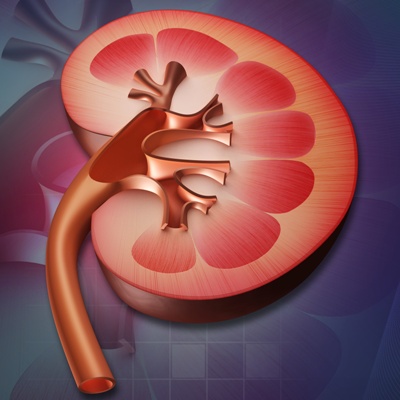August 31, 2022 -- Brigham and Women's Hospital researchers have taken a key step forward in their ability to grow working kidney tissue in a laboratory. They contend their work could one day potentially replace renal function in patients with kidney failure or generate a kidney in a dish.
Normal kidney development in humans is the result of two building blocks: metanephric mesenchyme and ureteric bud. In an August 29 article in the journal Nature Biotechnology, the researchers report that they developed a highly efficient method to generate the ureteric bud, which matures into the adult kidney collecting system.
In addition, the team demonstrated features of interaction between the cells of the metanephric mesenchyme and ureteric bud, reproducing aspects of interaction which normally occur when the kidney develops. Also, for the first time, researchers have developed human cell lines of principal and intercalated cell lines, which make up the last urine processing component of the kidney.
"We have developed a highly efficient way to generate a key component of kidney tissue responsible for maintaining many blood chemistries and critically important for development of the kidney. In addition, we have created, for the first time, human kidney cells that can be used to advance new drugs, aid in investigation of inherited and acquired disorders, and improve our understanding of how the kidneys develop and control metabolic balance in the body," Dr. Joseph Bonventre, PhD, chief of the renal unit and founding chief of the engineering in medicine division at Brigham and Women's Hospital.
Bonventre's lab previously determined how to generate the first building block -- metanephric mesenchyme -- resulting in many components of the kidney from human stem cells.
Copyright © 2022 scienceboard.net








